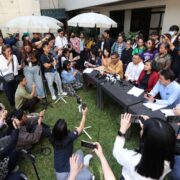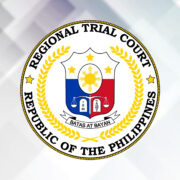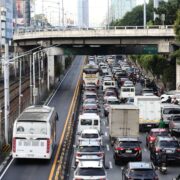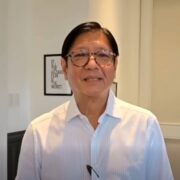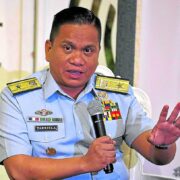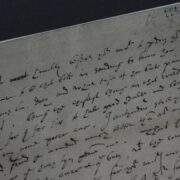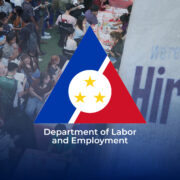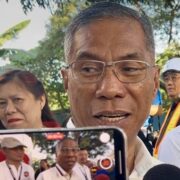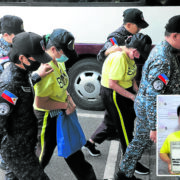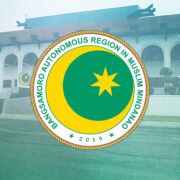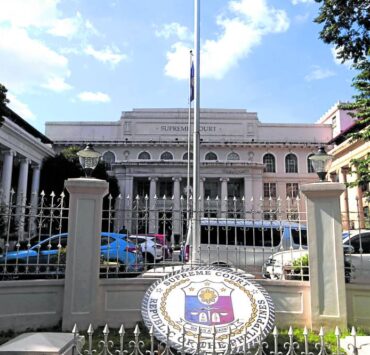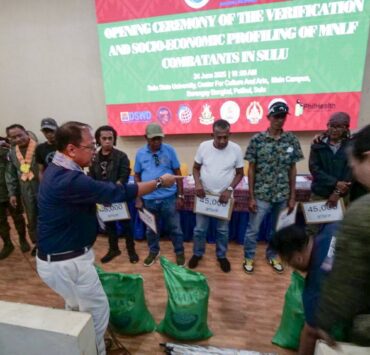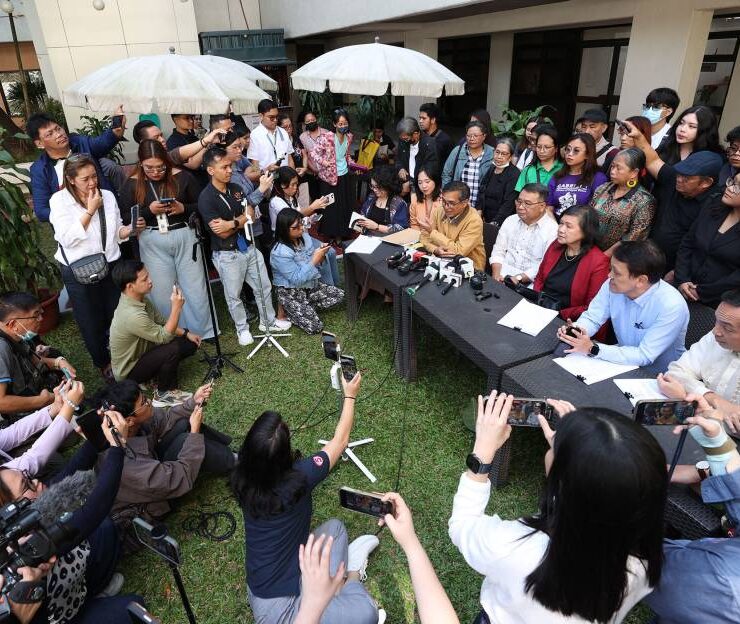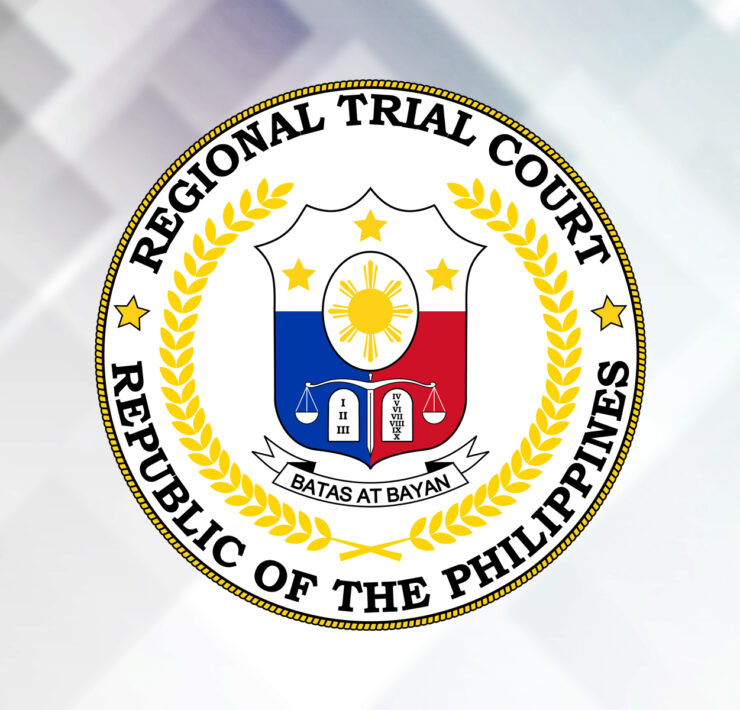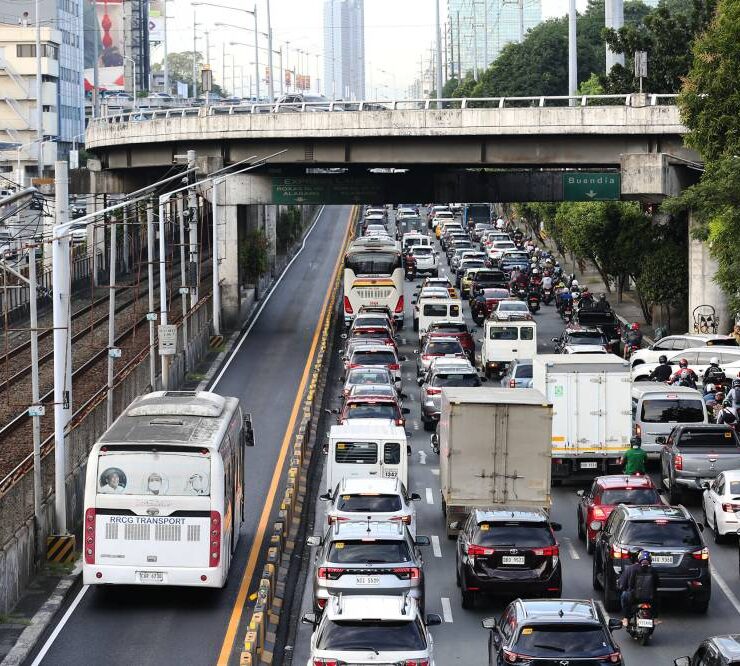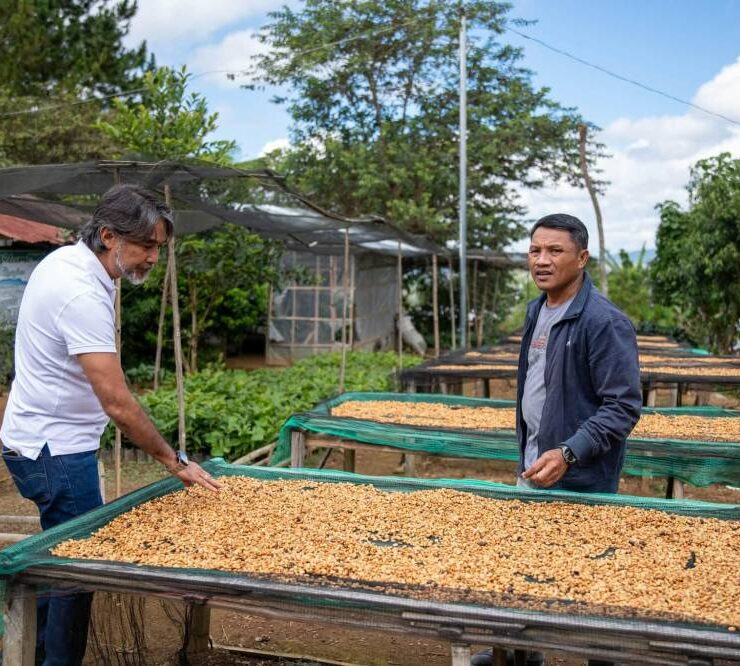Victims want to know terms of Du30 release
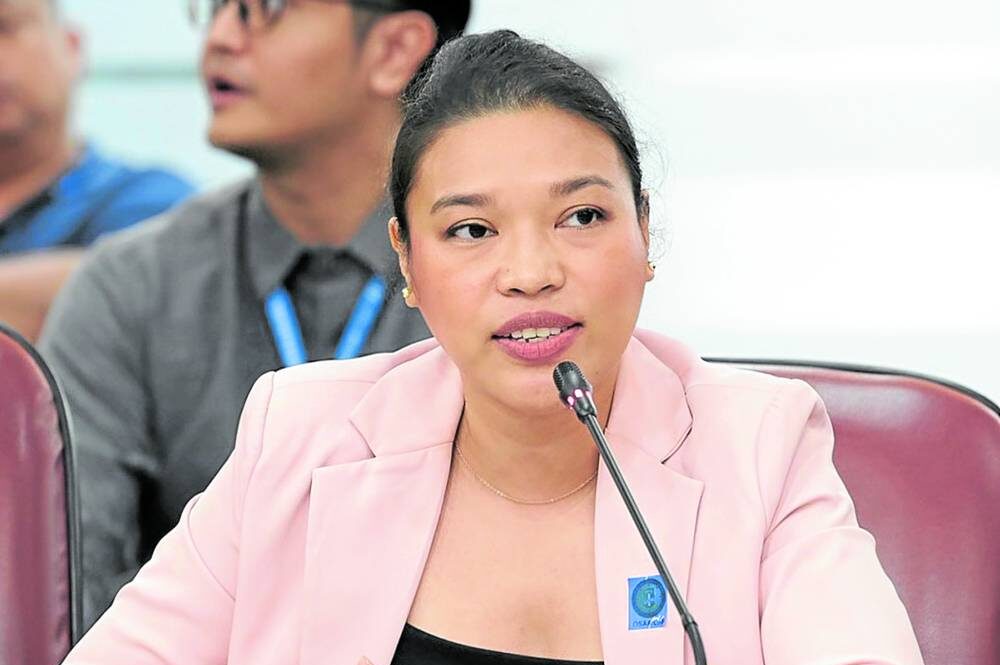
We are more interested in the terms and conditions (of Duterte’s release) so we can see if they are sufficient safeguards against possible obstruction or interference with the proceedings
A lawyer for victims of ex-President Rodrigo Duterte’s drug war said they wanted a full disclosure of the conditions presented by his lawyers in his petition for interim release to determine whether there were sufficient safeguards for the safety of the witnesses against him.
Kristina Conti, who represents the victims through the group Rise Up for Life and for Rights, said on Saturday that arrested suspects held at the detention facility of the International Criminal Court (ICC) who were granted temporary liberty had been charged with lighter offenses, such as obstruction of the administration of justice.
‘Core crimes’
None had been granted interim release while facing any of the “core crimes” under the Rome Statute, such as crimes against humanity, war crimes, aggression and genocide.
The Statute is the treaty that established the ICC. The Philippines withdrew from the treaty on orders of Duterte himself. The withdrawal took effect in March 2019.
Duterte was charged with murder as a crime against humanity in relation to his brutal drug war that left thousands dead from November 2011, when the Philippines became a member of the ICC and he was still mayor of Davao City, until March 2019.
The former president has been held at the ICC detention facility since March 12, a day after he was flown from Manila to The Hague, the Netherlands, following his arrest.
Duterte’s lawyers led by Nicholas Kaufman, told the court in their petition for his interim release, that another party to the treaty had agreed to take him in during the period that he would be on temporary liberty. That country’s name was redacted in the petition.
Scant disclosures
The petition disclosed only a few of the conditions that his lawyers had proposed to the tribunal. Most of the conditions also were redacted in the petition.
In the request for interim release it filed on June 12, the defense downplayed any risk posed by the possible grant of temporary liberty because Duterte affirmed to commit to the proposed conditions.
Only a few of the terms were disclosed, like refraining from “public engagement, office or communication with persons outside his family,” and abstaining from the use of internet and devices, like mobile phone.
“The redacted details of Duterte’s interim release have not been made available to victims, for security considerations. We do not know at present the country where he has applied to or has discussions with” for his interim release, Conti told the Inquirer.
“We are more interested in the terms and conditions (of Duterte’s release) so we can see if they are sufficient safeguards against possible obstruction or interference with the proceedings, and particularly, with the witnesses as some victims are potential witnesses,” she said.
Safety, threats
The human rights lawyer noted that while the victims recognize Duterte’s right to interim release, as guaranteed by the Rome Statute, they were against his temporary freedom based on his past behavior and pronouncements against the tribunal.
“[T]here are circumstances that weigh heavily against it (interim release). We support the well-argued position of the Office of the Prosecutor (OTP) and the Office of the Public Counsel for Victims (OPCV) which represents the interests of the victims at present),” Conti noted.
Both the OTP and the OPCV opposed Duterte’s release bid as it may endanger the safety of some victims and witnesses whose identities were already disclosed to his camp in the pretrial proceedings. They also cited the threats made by Duterte against ICC personnel and his adamant refusal to recognize the jurisdiction of the tribunal.
Sara denies Australia move
In opposing Duterte’s petition, the OTP also said that he and his family remained influential and powerful. It also indicated that the third country that agreed to take him in was too far from the Netherlands where he would be called to attend hearings.
It would be “highly time consuming and complex to secure Mr. Duterte’s attendance in the courtroom given the distance” and “the time it would take to [redacted] likely outlast the period of Mr. Duterte’s interim release,” the OTP said.
After telling journalists that Australia was one of the countries considered for his interim release while she was in Melbourne last week, Vice President Sara Duterte, the ex-president’s daughter, on Friday denied that his lawyers asked the Australian government to take him in should the ICC grant him temporary freedom.
It is understood that Australia will not accept Duterte and left the matter to be resolved by the ICC following the Rome Statute.
According to Conti, Belgium hosted a few individuals charged in the ICC, but the European country also rejected others. Other member states to the Rome Statute with a history of receiving ICC detainees are Argentina, Democratic Republic of the Congo and France.




